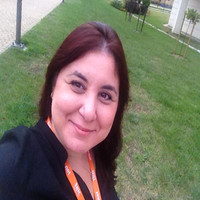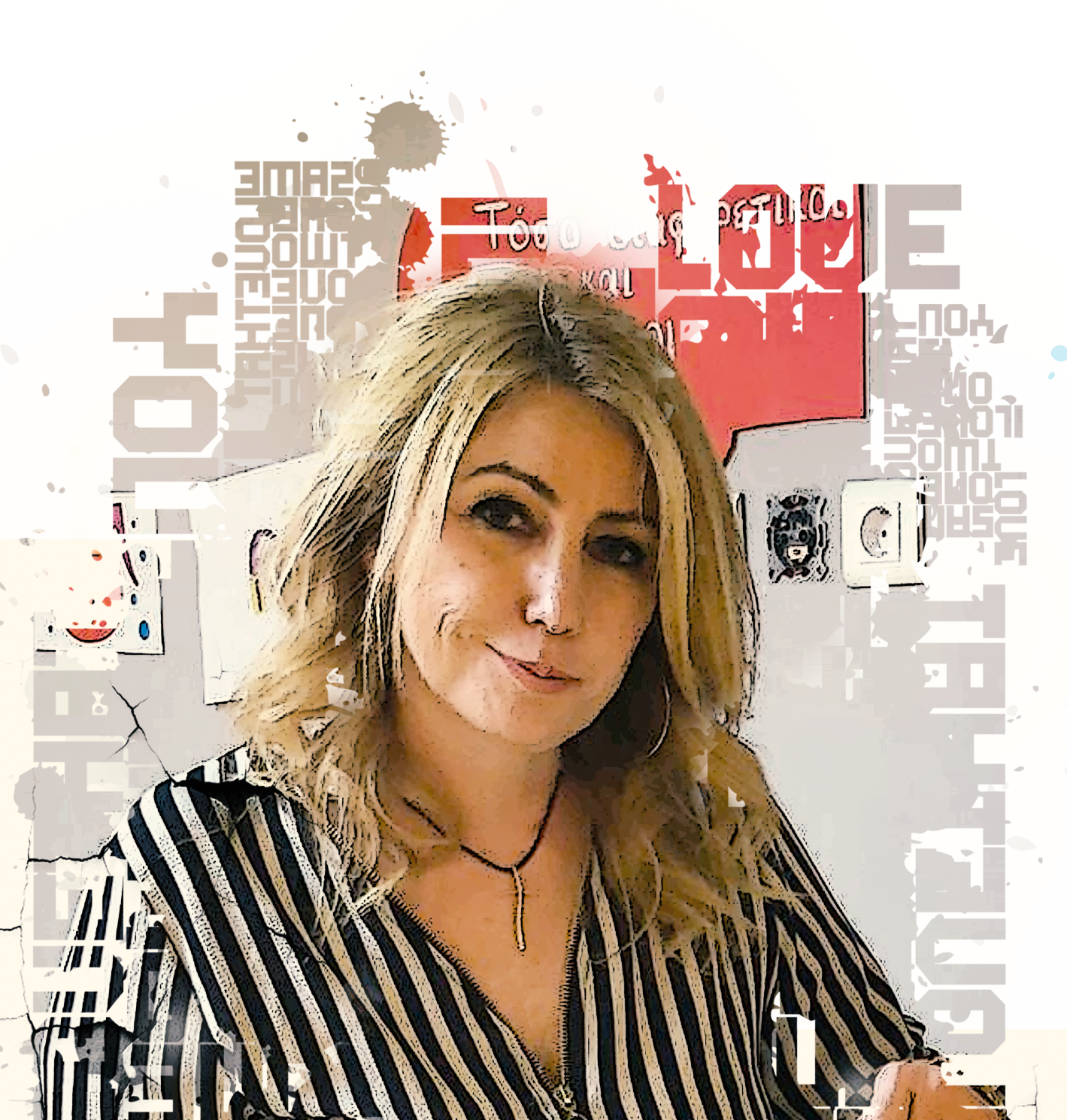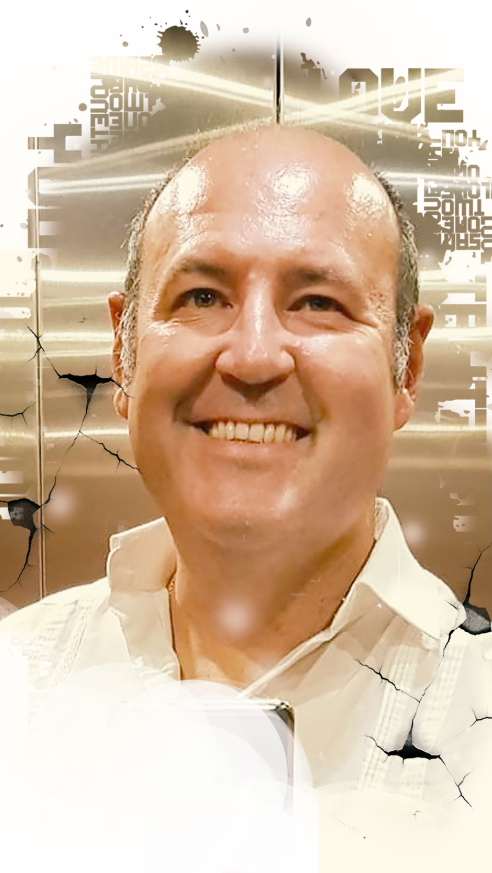I feel honored to have been included in this group of esteemed colleagues and educators. My article will focus on the areas of pedagogical shift, inclusivity, and professional development.
Teaching English in the 21st century is both a science and an art. Teachers nowadays not only have diverse material to choose from, but they also have room to apply a set of differentiated approaches and methodologies. Since the end of the 20th century, EFL teachers have been growing out of the mania of applying only communicative methodology principles and looking into other approaches to mix and match in a principled and eclectic manner, techniques that may cater better to the needs of the learners. The outcome of this was that the EFL classroom became more diverse and more inclusive (in terms of methodology which also reflected inclusivity of the student population). This also allowed teachers to veer away from the “letter of the law’’ and focus more on its spirit. A case in point is the role of the learners’ mother tongue, which a few decades earlier would have caused an uproar. In the last decade, we see more and more trainers discussing the principled view of L1.
Text by: Maria-Araxi Sachpazian
The class that is being described here is further enriched with the use of technology to the point that we cannot imagine our lessons without interactive whiteboard software. Apart from any positive outcomes this brought (unification of content, video becoming an integral part of our teaching, to mention but a few) comes a grave danger: the deskilling of the teacher. It is a frequent misconception that if some form of technology is used, the lesson is automatically modern, interactive, and varied. Sadly, without large (syllabus) and small (lesson plan) -scale planning lessons do not flourish. Through lesson planning, teachers take the lead by adapting, creating increased opportunities for communicative interaction that allow the material taught to be used. At the same time, technology and the more open attitude of EFL teachers to methodology have enabled teachers to include in their lessons learners who in the past would have been labelled as problem cases. The use of technology has contributed to helping learners with learning difficulties focus more and learn better.
In the future, EFL classrooms will move more towards a de-centralised direction and towards the creation of flexible learning spaces. This is a point that I developed in depth in one of my past articles in ELT NEWS on what the classroom will look like in the future. As full-frontal teaching fails to engage the current generation, quite soon the teachers’ role as the presenter will become even more limited. More and more we will think of our classes as “pods’’ in which learners work together and move from “workstation’’ to “workstation’’ interchanging between listening to the teacher explain (for a few minutes) to working in groups on what the teacher explained and finally producing their own work (based on what the teacher presented). This notion of a blended and flexible learning environment gives rise to a host of methodological considerations and issues. Firstly, what will our lesson plan look like (in terms of layout and content). Secondly, how will teachers be educated to make sense of such classes and be able to “clone’’ themselves so that they can be present to monitor the different pods? Finally, and from a broader perspective, is society ready for a class in which the teacher is not visible (in front of the digital whiteboard)?
Teacher education is essential in this framework. Sadly, teacher education has not moved with the times to include disciplines such as psychology of learning, neurolearning, and even the use of educational technology. With the growing body of research in ELT and in related sciences, initial teacher education is only the tip of the iceberg. EFL teachers need to stay relevant, so they must see themselves as eternal students who keep applying new approaches and techniques. To do this, teachers need to invest in their own education and engage frequently in action research. School owners carry the responsibility of looking ahead of time and investing in the training of their staff, instead of empty boasting about great percentages of success in language exams. Teachers with a solid methodological background, motivation, and knowledge are the ones who will inspire students and lead them towards a differentiated and enriched kind of learning that turns the students into eternal learners. In this endeavour associations such as TESOL MTH/NG, TESOL GREECE, ETAL and more international ones such as IATEFL and TESOL Inc. can assist greatly. Joining a professional association provide organised training for a year at an affordable price and ensure exposure to modern ideas, alternative methodology which are all inspiration for the future.




